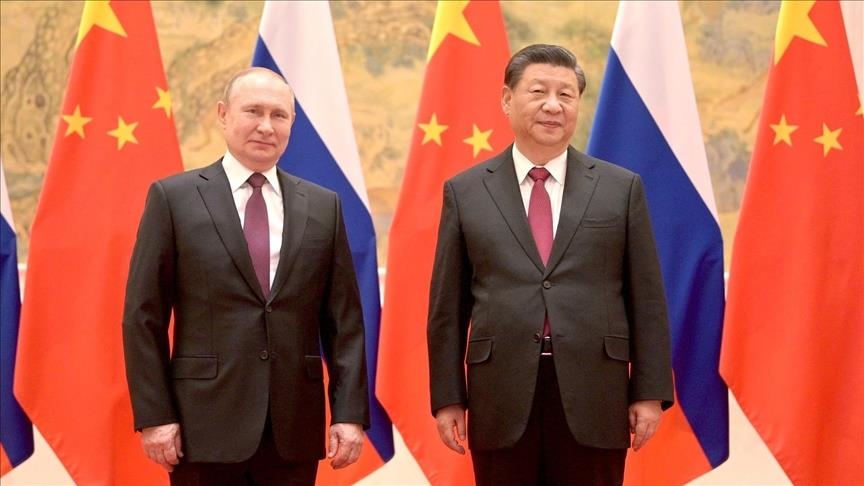China: Putin Arrives in Tianjin to Participate in the Shanghai Organization Summit

Russian President Vladimir Putin arrived this morning, Sunday, August 31, in the coastal city of Tianjin, northern China, for a four-day official visit to participate in the Shanghai Cooperation Organization summit hosted by China with leaders from about 20 countries.
Upon his arrival, according to a live broadcast by the Russian news agency "TASS", Putin was welcomed by senior officials in the city amid a welcoming ceremony that included a red carpet, as part of this rare visit to Russia's largest trading partner.
Chinese Central Television (CCTV) reported during its coverage of the visit that "the relations between China and Russia are at their best in history," noting that they have become "the most stable, mature, and strategically important among major countries."
The summit is chaired by President Xi Jinping, with participation from leaders including Indian Prime Minister Narendra Modi, in the largest gathering of the organization since its establishment in 2001 as a Eurasian security alliance. The organization has expanded in recent years to include ten permanent member countries and 16 dialogue and observer countries, and its areas of work have expanded from security and counter-terrorism to economic and military cooperation.
Putin's visit came one day after he criticized Western sanctions in an interview with the Xinhua News Agency, stating that Moscow and Beijing "jointly oppose discriminatory sanctions in global trade." The visit comes at a time when the Russian economy is facing significant challenges due to trade restrictions and the costs of the war in Ukraine.
China is expected to use the summit to highlight its vision for the global order in the post-American dominance phase, while providing Moscow with a high-level diplomatic boost. Leaders from Central Asia, the Middle East, South Asia, and Southeast Asia are attending the summit, as China aims to present itself as a supportive power for unity among what is called the "Global South," which includes developing and low-income countries.